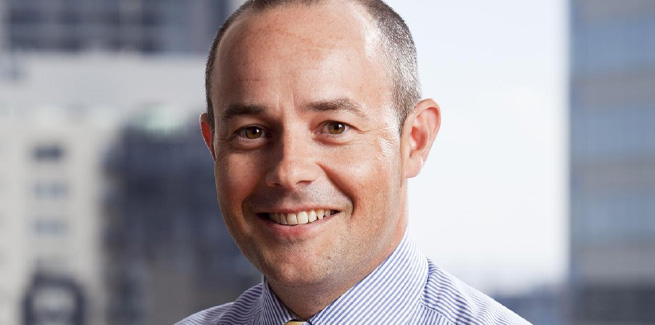Last week, Westpac CEO Brian Hartzer and Commonwealth Bank CEO Matt Comyn told the House of Representatives’ standing committee on economics that they would support a more neutral regulatory environment across the banking and non-banking sectors to facilitate greater competition.
Mr Comyn noted that capital requirements imposed on prudentially regulated ADIs, of which non-banks are not subject to, have added approximately 30 bps to the price of a home loan.
However, speaking to Mortgage Business, Liberty Financial CEO James Boyle said he was surprised by such calls, adding that it was unclear what form further regulation on the non-banking sector would take.
Mr Boyle stressed that non-banks were subject to the same responsible lending guidance imposed on credit licences by the Australian Securities and Investments Commission (ASIC) under RG 209.
“It’s curious commentary,” he said.
“[We] are subject to exactly the same regulations as the banks as it pertains to credit licensing, so there is not difference.”
Further, Mr Boyle added that it “does not make sense” to impose capital requirements on non-banks, which are not authorised to accept customer deposits.
“I don’t really understand what they’re referencing when they say they’d like to see a more level playing field,” he said.
“If we chose to have deposits, then we’d subject ourselves to the same regulations pertaining to those deposits as the banks are exposed to, [but] without those deposits, it doesn’t make sense at all to suggest that we should be subject to that kind of oversight.”
Liberty’s profits spike, loan book thickens
Mr Boyle’s comments followed the release of Liberty’s full-year results for the 2019 financial year (FY19).
The bank posted a before-tax profit of $94.1 million, up 12 per cent from $83.9 million in FY18.
The improvement in the non-bank’s underlying earnings was underpinned by a 24 per cent increase in its loan portfolio, which grew from $10.2 billion to $12.7 billion.
Over the course of FY19, Liberty issued $4.7 billion in asset-backed and senior unsecured securities.
According to Liberty’s chief financial officer, Peter Riedel, residential mortgages make up approximately 70 per cent of Liberty’s loan book, 90 per cent of which are prime home loans and two-thirds of which are for owner-occupiers.
Mr Boyle said the FY19 results reflected the “power of Liberty’s distribution capability and networks”.
“In a testing year for the industry, we have continued to back the broker channel, providing stability and support amid the uncertainty that followed the royal commission and the federal election,” he said.
“We are listening carefully to the needs of mortgage brokers and customers. The feedback has helped us to improve the application experience for brokers and customers and guided the development of new lending solutions.
“As an agile business that is continually innovating to help customers, we recently responded to demand for greater access to small-business finance.”
The Liberty CEO also noted the non-bank’s efforts to diversify its product offerings, which included the introduction of a small-business product that does not require real estate as mortgage security.
Mr Boyle added that the non-bank was looking to further enhance its product range to provide brokers with more solutions for their clients, making particular reference to its investment in subsidiary MoneyPlace.
“We continue to support MoneyPlace to engage the mortgage broker channel for personal loans. We have seen exceptional business partner take-up of the MoneyPlace product,” he said.
“This not only means customers have better access to finance options, it also strengthens business for brokers.”
Looking ahead, Mr Boyle told Mortgage Business that Liberty would continue to support the broker channel as the industry navigates through regulatory reforms.
“We will continue to stand side-by-side with brokers and make the case that the broking service is a very positive thing for consumers of financial services in Australia, and that brokers by and large have done very good things for their customers,” he said.
“I think brokers have been vindicated in the time since the royal commission with regards to the positions of legislators and regulators pertaining to brokers.”
Mr Boyle concluded by stating that Liberty remains committed to supporting financial wellbeing, pointing to the non-bank’s membership of the Financial Inclusion Action Plan (FIAP) program, overseen by Good Shepherd Microfinance.
“We help people from all walks of life access credit and have long supported the important goal of improving financial inclusion among Australians. It’s for this reason that we are pleased to join FIAP,” he said.
“It will enable us to contribute in an even more considered and measurable way.”
[Related: Non-banks doubled commercial settlements in FY20]
 ;
;
